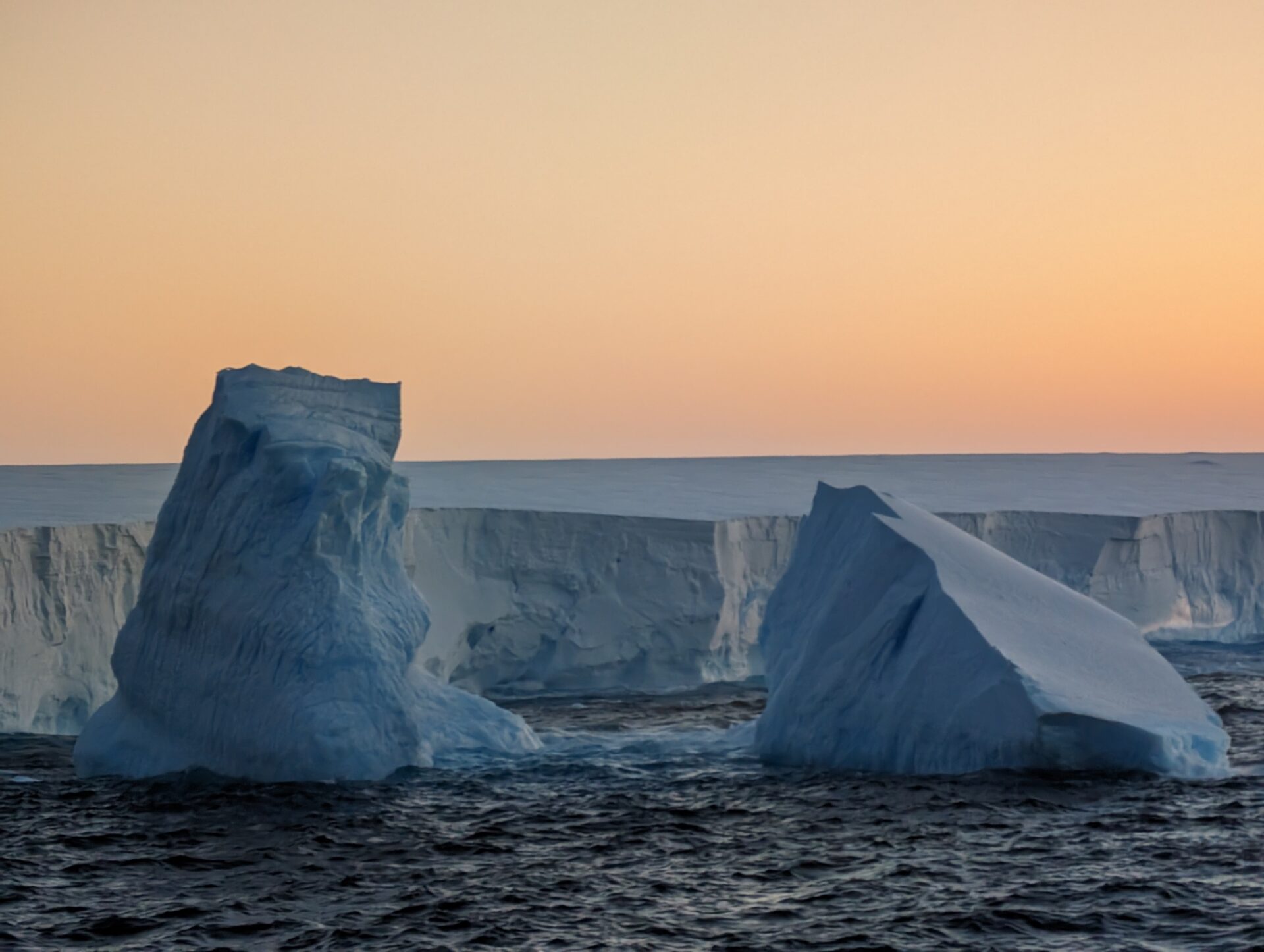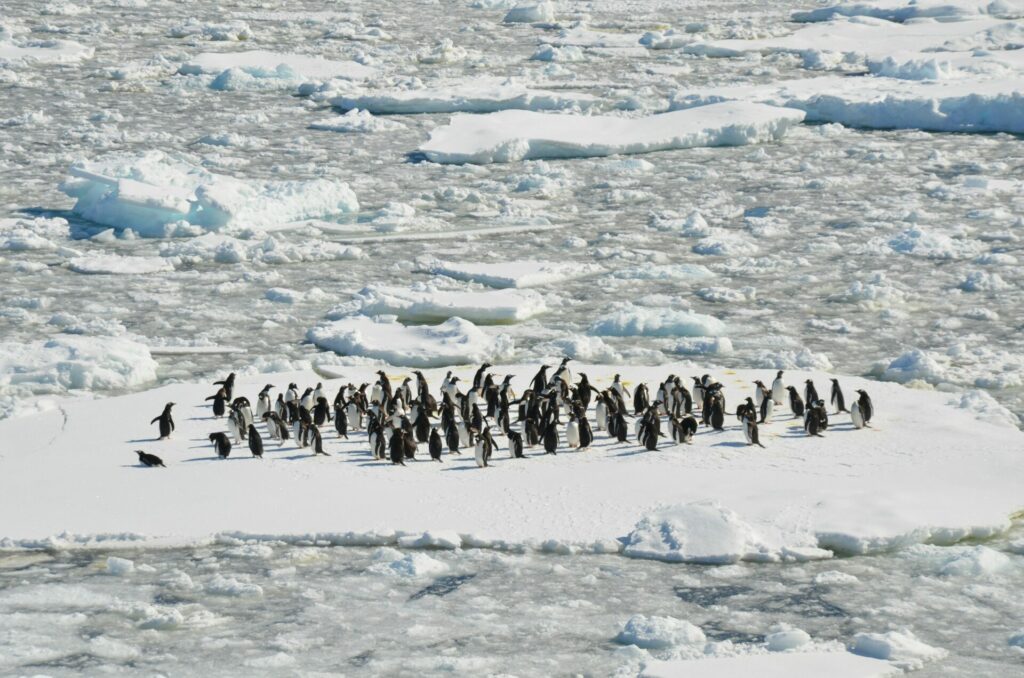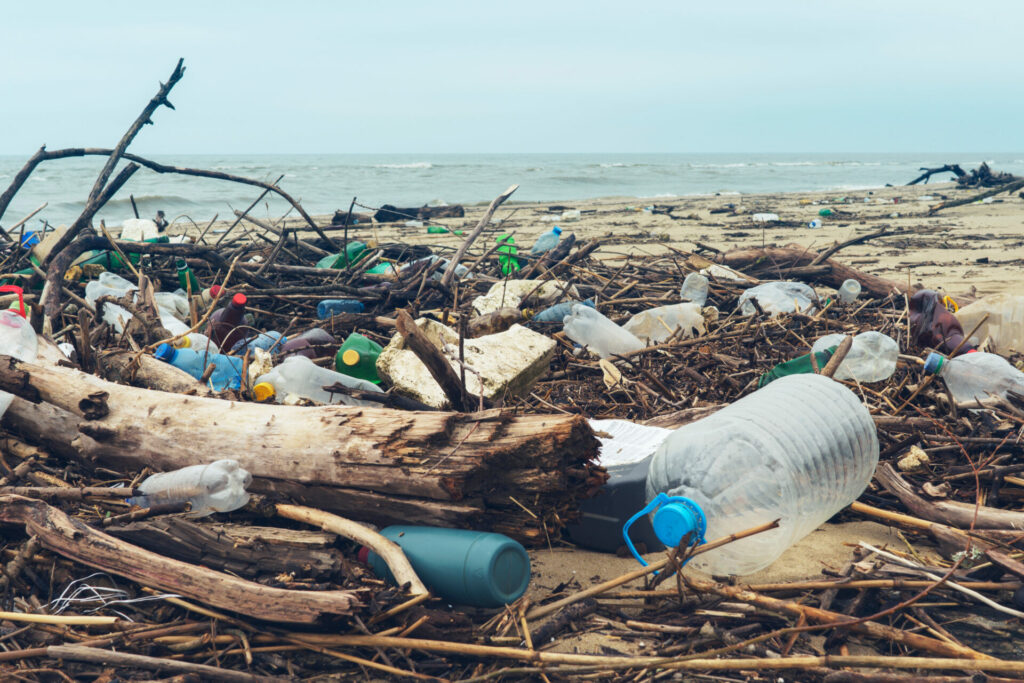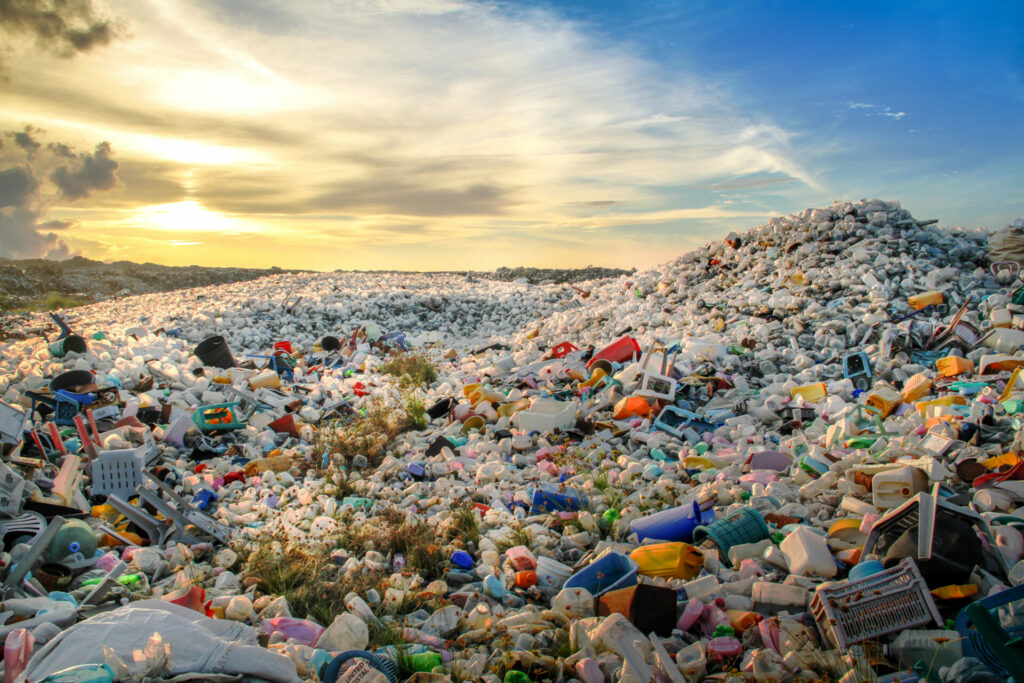The world’s oldest and largest iceberg is stuck in a spinning ocean vortex off the coast of Antarctica.
The 2,400-square-kilometre floating mass of ice known as A23, which is more than half the size of Dubai, was expected to drift northward into warmer waters and eventually melt.
However, the trillion tonne iceberg has become caught in a powerful ocean current, preventing its journey and possibly keeping it stuck in place for several years.
It currently rotates in an anti-clockwise direction at around 15 degrees each day.

A23a, which once hosted a research station established by the former Soviet Union, broke away from the Antarctic coast’s Filchner Ice Shelf in 1986. Almost immediately, it grounded on the seabed and was stuck for more than three decades.
Late last year, it began moving. Helped by strong winds and currents, it moved out of the Weddell Sea into the Southern Ocean, drifting at around walking pace towards warmer waters.
In April, it entered a powerful ocean current, predicted to funnel it into the South Atlantic where it would break up. But, unexpectedly, it has stopped.
‘Usually you think of icebergs as being transient things, they fragment and melt away. But not this one,’ said Professor Mark Brandon, a polar expert at the UK’s Royal Geographic Society. ‘A23a is the iceberg that just refuses to die.’
The huge berg is now slowly spinning just north of the South Orkney Islands, a barren part of the British Antarctic Territory uninhabited except for an exploration base.
Iceberg Wildlife Threat
This monumental disruption to the marine environment could catalyse a chain reaction of events, altering water temperature, salinity, and nutrient levels, which may lead to the upheaval of delicate ecosystems.
Scientists say it could pose a threat to wildlife as displacement of marine species from their natural habitats takes place as they are forced to seek new homes.

Penguins could face challenges finding suitable breeding grounds as ice platforms melt or change location while seals may struggle to find new habitats for resting and giving birth.
Krill, a vital component of the food chain, might need to relocate or face population declines due to their sensitivity to water temperature and nutrient level changes.
Fish populations and larger marine mammals, such as whales, could also be compelled to alter their migration patterns or feeding grounds as they adapt to environmental changes and shifting prey distributions.
Last year, winter Antarctic sea ice fell to its lowest level on record. There were more than two million square kilometres less ice than usual, an area ten times the size of the UK, according to the British Antarctic Survey.
It said such a low level of ice was ‘extremely unlikely to happen without the influence of climate change’.









